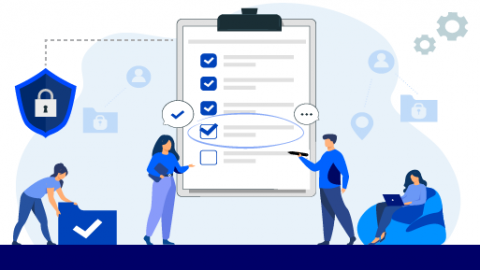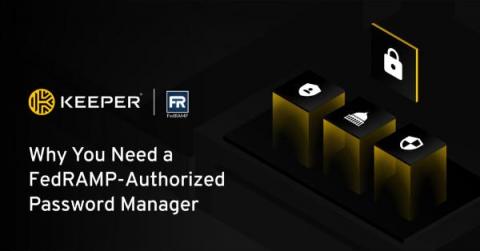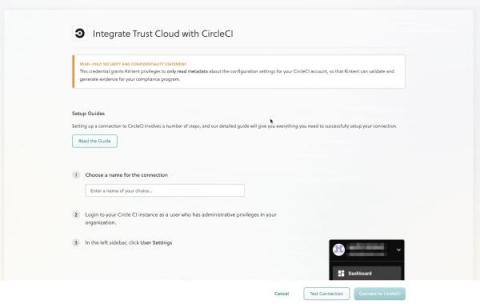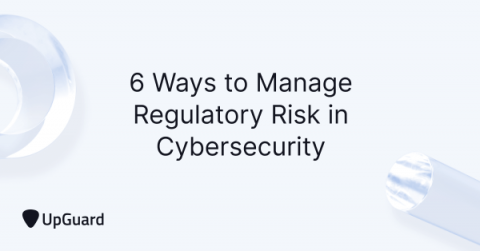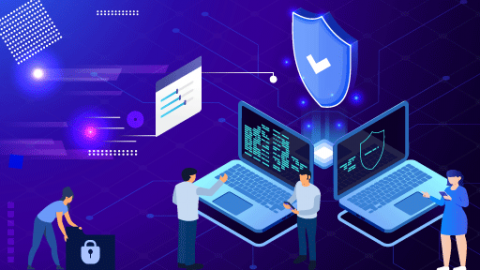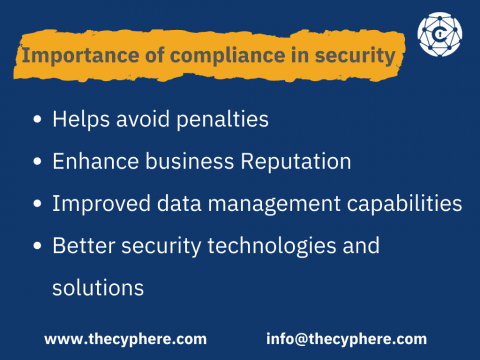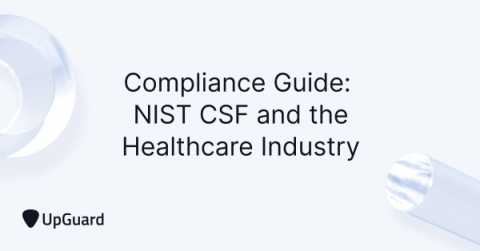MeBeBot Trust Champions Achieve SOC 2 Compliance
What is a Trust Champion? A Trust Champion is the person who helps their organization measure and meet their internal compliance obligations. Their actions support revenue-generating activities, protect their organization from legal and contractual liabilities, and enable the organization to confidently and transparently showcase an intentional, robust, and differentiated culture of trust. Beth White – Founder & CEO – has been greatly involved with MeBeBot’s compliance procedure.



